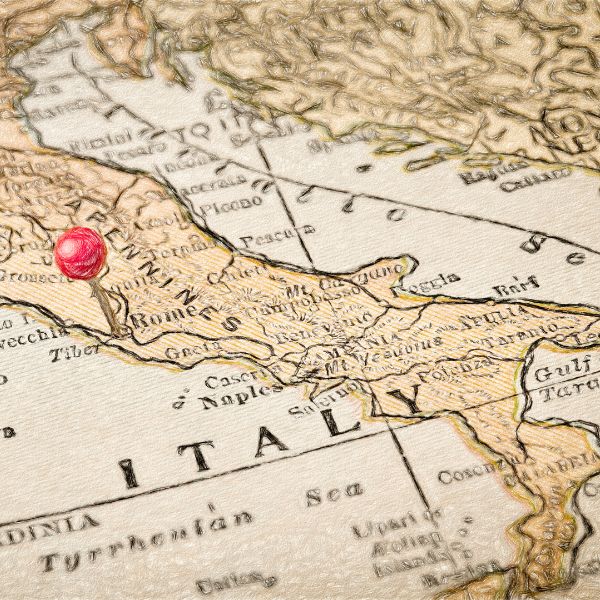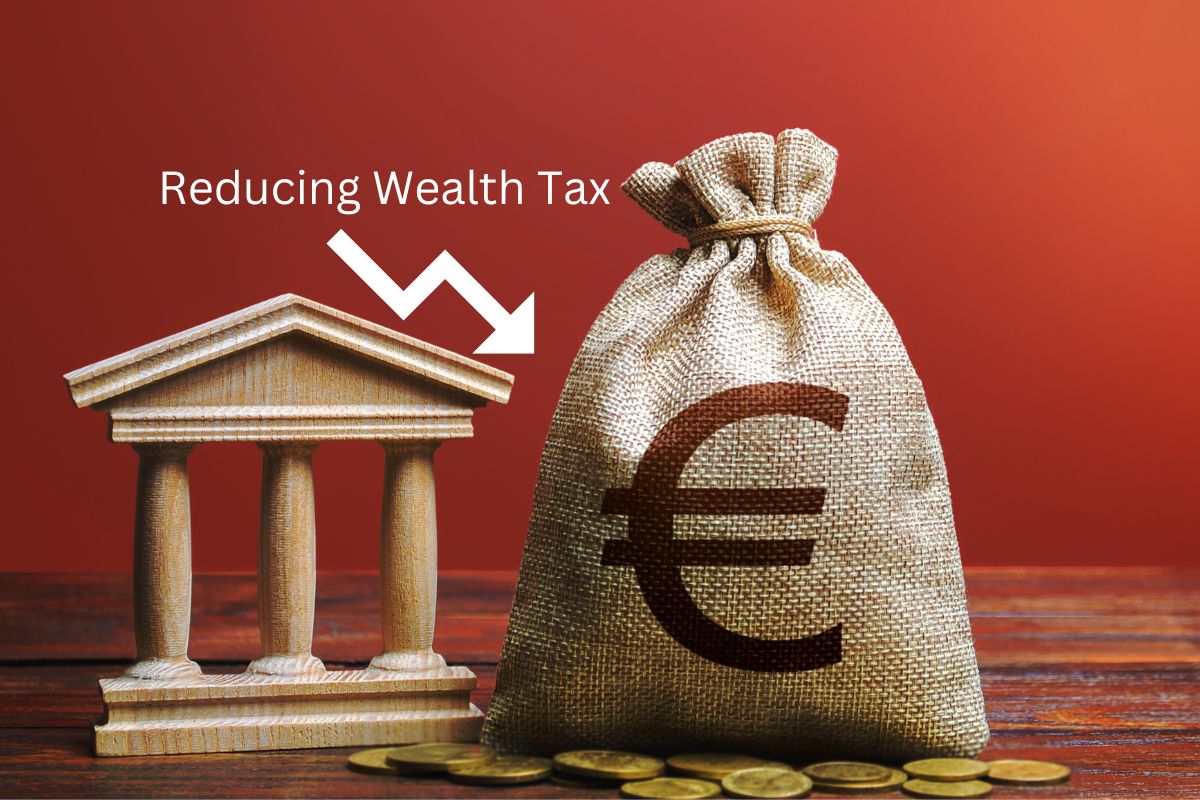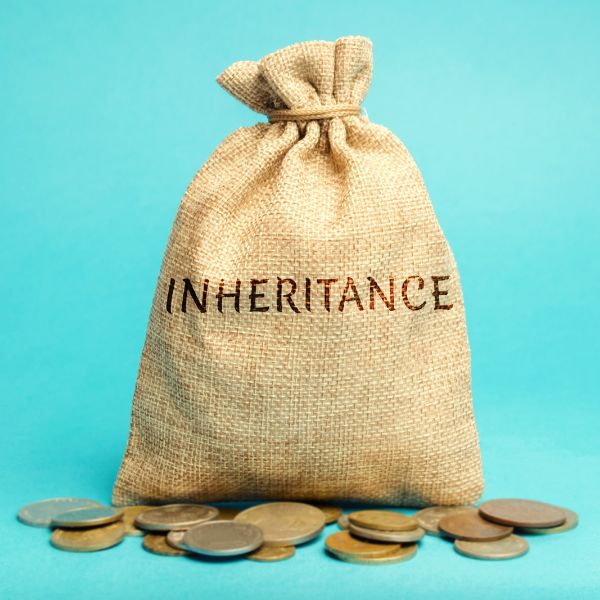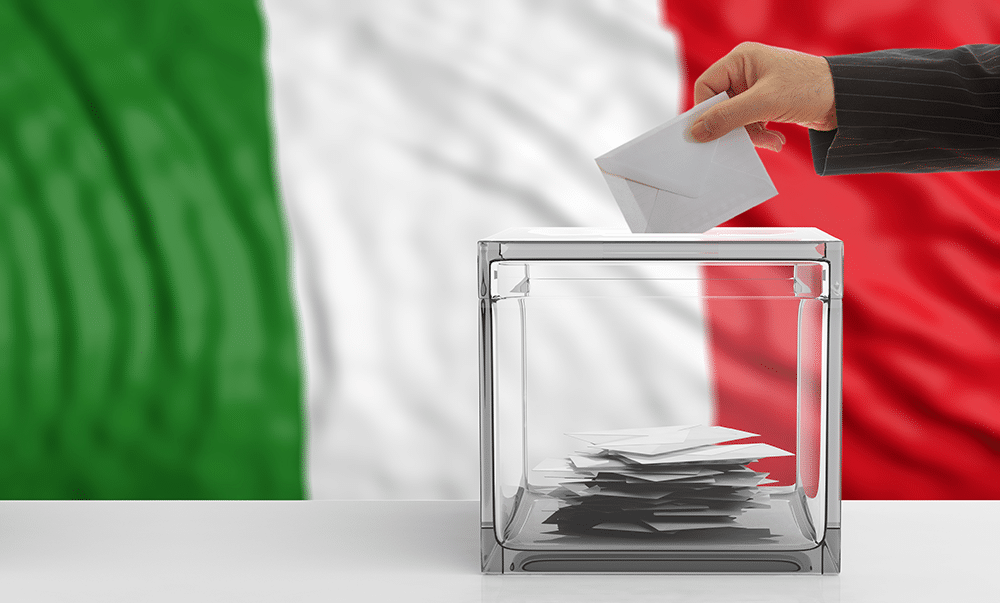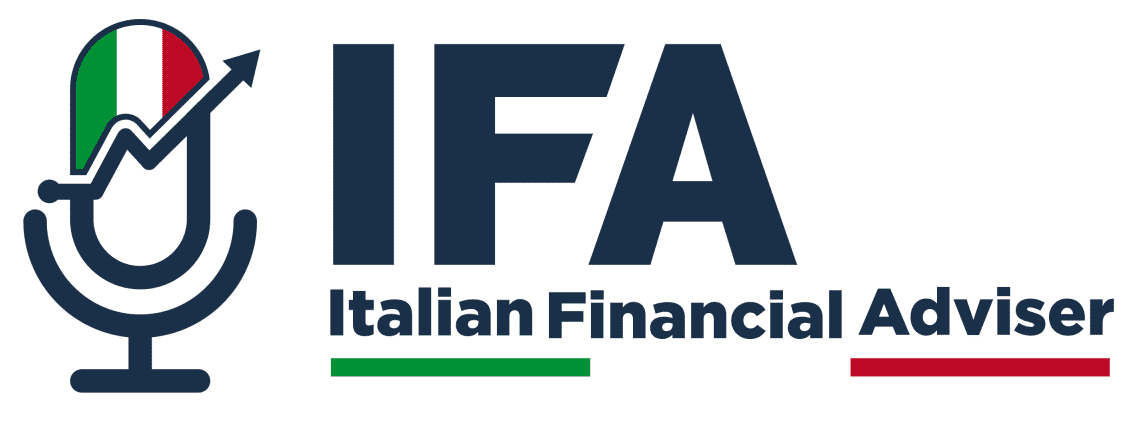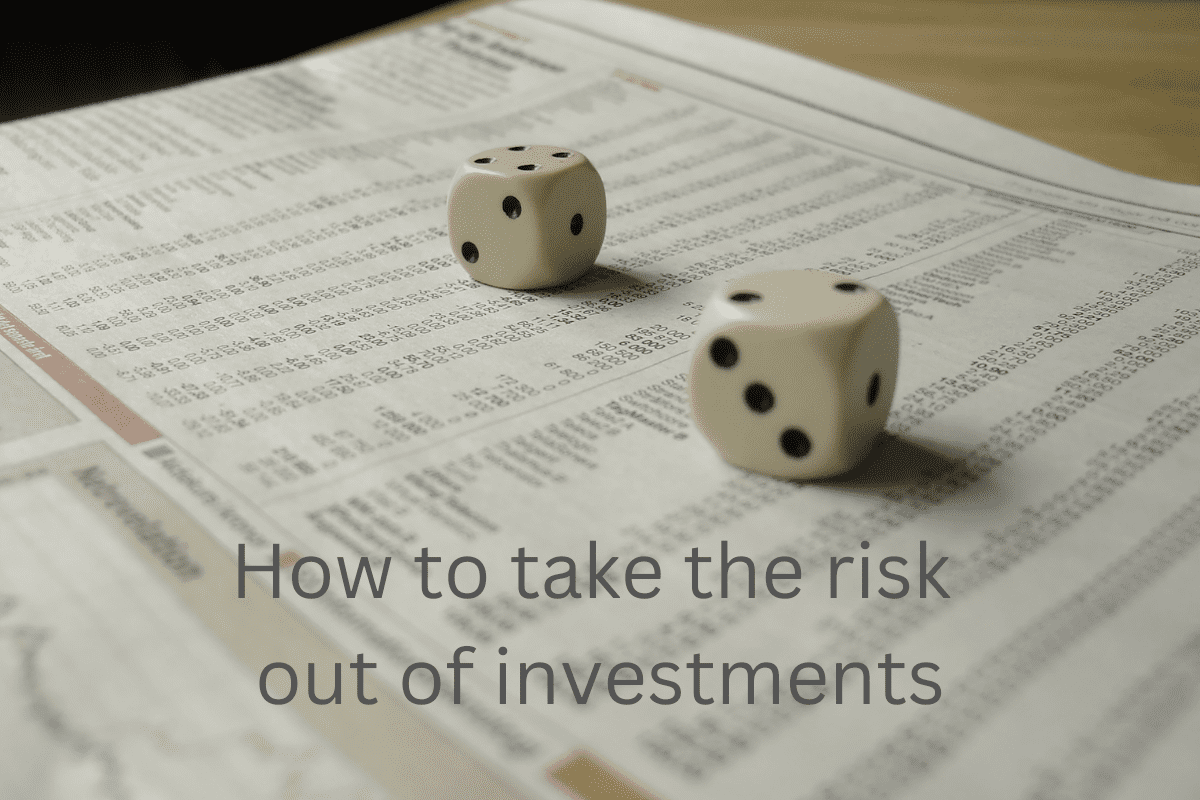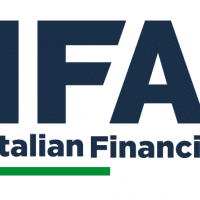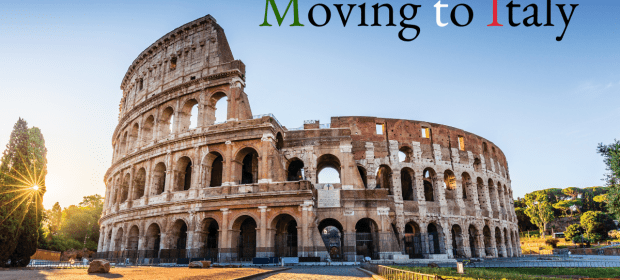Italy is somewhat more traditionalist in its approach to family life and I don’t think it is an exaggeration to say that it has been dragged kicking and screaming into recognising modern family situations and, in particular, same-sex couples, who until relatively recently had no means of making their relationships official (de facto heterosexual couples did, of course, have the option of getting married – a right that same-sex couples continue to be denied).
Italy being Italy, the modern iteration of family law is complicated and requires action by a couple in order for there to be any kind of recognition of their status. Let’s take a closer look:
Marriage
For better or worse, marriage is still the gold standard of the family relationship in Italy. For reasons that will become clear below, there is no equivalent structure that confers the same level of family rights, some of which are as follows:
• automatic recognition of heirship for each spouse;
• right of the surviving spouse to continue living in the family home, even if that home was 100% owned by the deceased spouse;
• possibility to receive any Italian surviving spouse pension (pensione di reversibilità);
• possibility to enquire as to medical status of one’s spouse;
• reduced inheritance taxes for assets passing between spouses;
• possibility of child adoption.
Unione Civile
One tier below marriage is the Unione Civile, a possibility that has existed since 2016 and which allows two members of the same sex to declare themselves a couple in a similar fashion to a civil wedding ceremony. This confers most of the rights of married couples, but does not allow them to adopt children. Initially, it was intended for the Unione Civile to be available to all couples, but in the final instance it was reserved for same-sex couples. I’m not sure of the reason for this decision, but I imagine it has something to do with not wanting to undermine the concept of marriage, which remains an important topic for certain political factions.
Conviventi di fatto
Below the Unione Civile is the registered de facto couple (conviventi di fatto). This possibility is open to all couples but needs to be registered in your local comune – you will then have a residency certificate which attests to the status of your relationship. The benefits of registering as a de facto couple are essentially that the surviving partner has the right to inhabit the family home, but only for a maximum of 5 years. You certainly don’t automatically become your partner’s heir and there is no concept of family property (although you can stipulate in advance how to deal with your relationship property in the event of a separation). If you contrast this with the effects of marriage above, it becomes clear that this type of relationship isn’t equivalent to marriage in any legal sense.
Unregistered de facto relationships
The unregistered de facto couple, even if they have been together for decades, might as well not exist from a legal perspective, especially if the partners die intestate.
Forced heirship and foreigners
The issue of forced heirship needs a bit more explanation: it specifies certain individuals who cannot be excluded from your estate: spouses (even if legally separated), children and (in the absence of these first two categories) parents have a right to receive a given percentage of your estate. You will also always have a free portion of your estate that can be left to whomever you choose. The fact of forced heirship does not prohibit you from making a will leaving everything to the local dog shelter, but it does mean that these protected categories of people will be able to challenge your testamentary dispositions. For people without a spouse, children or parents, forced heirship is not a problem as the free portion of your estate is 100%, but you must of course make a will in order to guarantee that your desired heirs benefit under your estate.
If you are foreign, you may be able to insert a choice of law clause in order to allow your estate to be dealt with under the rules of your home country. However, the rules around this are somewhat complicated and you will need specialised legal advice to make sure you get it right.





